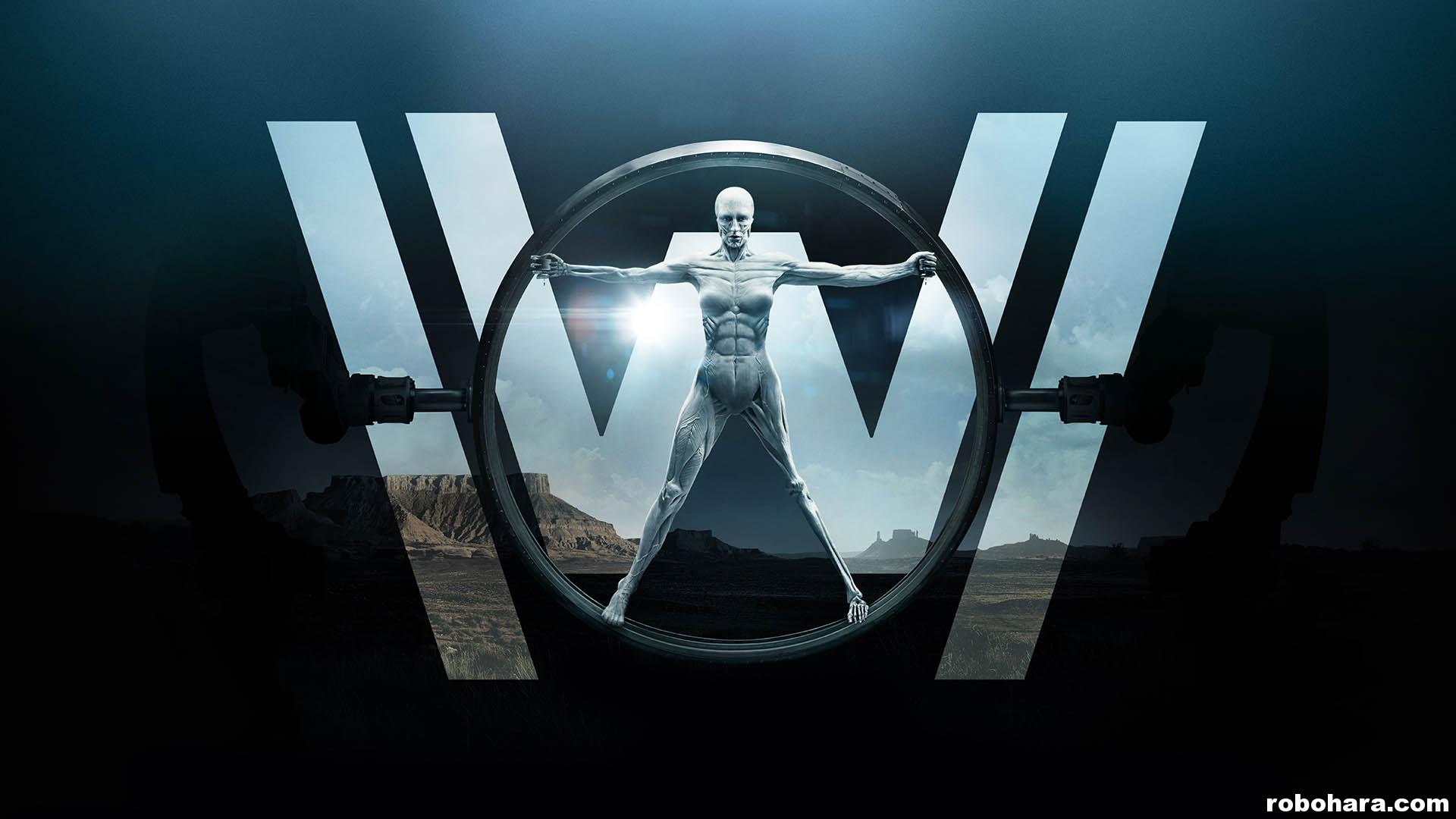
Westworld — the original, released by Michael Crichton in 1973 — was a fun little film about a western-themed amusement park filled with lifelike androids programmed not to harm the park’s human guests… until they did. In the 1980s, every video rental store had a copy of Westworld on their shelves. The tape’s cover had Yul Brenner’s face partially removed, revealing the internal gears and wires controlling the unrelenting android. It is easy to see the influence Westworld had on science fiction, including The Terminator, Blade Runner, and another Crichton novel in which things went wrong in a theme park, Jurassic Park.
In 2016, Westworld (the television series) debuted on HBO. The show was both entertaining and thought-provoking. It challenged viewers with moral questions, like, is it okay to hurt an android that thinks it’s human? It wasn’t just good television; it was great television, and on top of everything, Westworld made a conscious decision to play with its narrative by cutting between multiple timelines. The ultimate reveal was jaw-dropping, but — and this is important — it wasn’t what made Westworld great. The show built an interesting world, placed interesting people inside it, and created interesting plotlines. The special effects were great and the surprises were great, but the fact that the show was difficult to follow is not what made it great.
Released two years later in 2018, the motto for Westworld’s second season could have been, “more is more.” The second season had more twists, more layers, more plots, more characters… just more, and not necessarily in a good way. Collider described the second season as “good, even when it frustrates fans to no end,” and that about nails it. The show looked good and felt good, and yet minutes after each new episode ended I found myself on Google typing in things like “what did I just watch on Westworld?” Little made sense, and nothing ever resolved. Fans of the show had to watch each episode multiple times, pausing the screen to find easter eggs and hidden information in an attempt to piece together the narrative. That’s too much for me. If the first season of Westworld was a perfect chocolate cake, the second season was a ten-tiered cake with sprinkles, chocolate chips, ice cream, fancy frosting, candles, sparklers, and a wind-up toy on top marching around in circles.
Sticking with that analogy, the third season was just an angry chimpanzee throwing chocolate chips at my face. “You like chocolate, do ya?” I only made it partially through the third season before giving up on the show. It became impossible to follow when things were happening, where they were happening, or in which of the multiple layers of reality and simulation they were happening in. Never before have I felt like I wasn’t smart enough to follow a TV series. At one point, android consciousnesses began being swapped around, meaning Actor A was now playing Character B, and Actor B was now Character A. Too much. It seemed like Westworld’s goal was to weed out viewers who weren’t willing to do hours of research to understand each episode, and it worked. The third season had no less than three timelines with the same actors playing different characters in each of them. Too much!!!
I never finished the third season and couldn’t bring myself to watch the fourth — which, based on this week’s announcement that the show has been cancelled, makes me think I wasn’t alone. The cancellation of Westworld at this point is telling; the next season of the show, its fifth, was set to be its last. The final season of Westworld was set to resolve and explain everything that’s happened in the previous four seasons. Even with that promise on the table, the show couldn’t get people to return. In a review of the season four finale, Variety described the final episodes as “effectively impossible to parse.”
The fundamental problem was where the series found itself; what started as a show about artificially intelligent androids gaining awareness in a futuristic theme park exploded into a story in which androids escaped the park and declared war against humanity over multiple decades. The last two seasons of Westworld were a study in scope creep. That’s not to say a series has to end where it began, but there has to be a followable narrative that connects to the two. Just as the hosts in Westworld lost their way, so did the show, losing its audience in the process.
